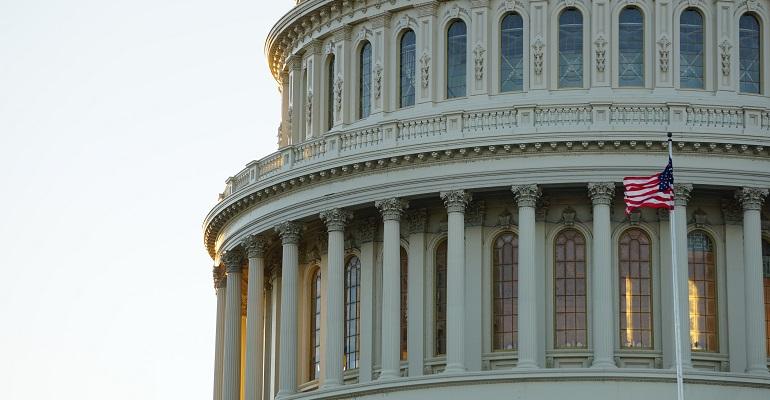Legislation lodged with congress to close a Jones Act loophole that allows foreign-flagged offshore supply vessels operating in US waters threatens to derail expansion of offshore renewable energy expansion.
The sponsors of the American Offshore Worker Fairness Act, Louisiana Senator Bill Cassidy, Garret Graves and Democrat John Garamendi argue that the new legislation is designed to create a level playing field between US and foreign vessel owners by tightening up restrictions on the crew that can man these vessels and improve the oversight of foreign vessels.
“US and Louisiana mariners and maritime companies lose when foreign vessels, which do not pay US taxes, business taxes or payroll taxes, take advantage of loopholes to hire foreign workers for half the cost,” said Dr Bill Cassidy at the unveiling of the bill last week. “This bill levels the playing field to give the American worker a fair shot.”
The new guidelines have provisions that will require mariners on foreign-flagged vessels to be either US citizens or citizens of the nation where the vessel is flagged. It will limit the number of visas that could be issued to crew of each foreign vessel to 2.5 times the number of crewmembers on that vessel and require foreign vessels to prove their ownership on an annual basis. It also calls for the USCG to inspect these vessels annually to ensure compliance with the law.
As well as affecting the oil industry in the Gulf of Mexico, if it passes the bill will have a profound impact on the offshore renewable energy industry, which is expected to require foreign-flagged tonnage to be able to deliver on the US Federal government’s commitment to install 30 gigawatts of offshore wind energy along the US coastline by 2030.
“Our bipartisan bill closes an egregious Jones Act loophole so that foreign-flagged vessels are held to the same high standards as US-flagged vessels developing our nation’s offshore energy resources, including for offshore wind projects,” said Democrat Congressman Garamendi.
“As the former Ranking Member of the House Subcommittee on Coast Guard and Maritime Transportation, I know that American workers and US-flagged vessels are ready, willing, and able to do this work.”
The news was greeted with enthusiasm by shipbuilders in the US, who are optimistic that the expansion of offshore wind energy will result in an expansion of the Jones Act fleet.
“The Shipbuilders Council of America and the 400,000 men and women in our domestic shipbuilding workforce strongly support the American Offshore Worker Fairness Act,” said Matthew Paxton, President of the Shipbuilders Council of America.
“This commonsense, bipartisan legislation closes a loophole that has long been exploited by foreign competitors to undercut America’s maritime workforce.”
Under current guidelines, The Jones Act requires that all vessels, rigs, platforms, or other offshore structures be manned by US citizens or lawful permanent residents, although there is an exemption from hiring Americans or lawful permanent residents for offshore activities and allows vessels that are more than 50% foreign-owned to operate in US waters with foreign crews.
Copyright © 2024. All rights reserved. Seatrade, a trading name of Informa Markets (UK) Limited.
Add Seatrade Maritime News to your Google News feed.  |

